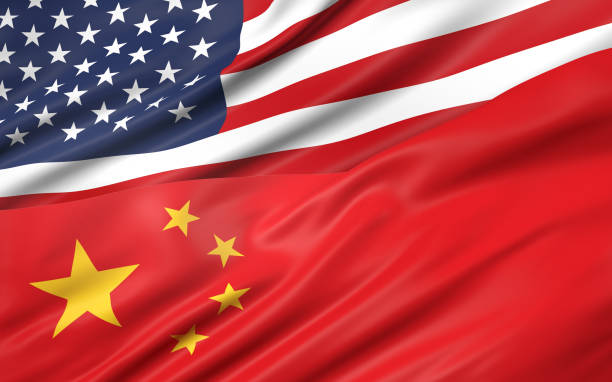
Economy has always been a frontline of war between countries and rivals throughout the history of the world. Technology and innovation can move forward on unprecedented levels, but war stays the same only the tools change. Economic warfare between two states can escalate into all out political confrontation or worse to an actual war, especially when these two countries are clashing to sit on top of the global order by being the singular superpower. Highlighting certain economic decisions would give us a deeper understanding on how the global politics works even when it is a decision to ban foreign made electronic vehicles (EVs) in total.
Recently, citing concerns for national security and the preservation of American employment, United States Senator Sherrod Brown and other various political experts have asked the U.S. President Joe Biden to put a ban on the importation of any electric vehicles (EVs) manufactured in China into the country. They are certain that the Chinese EVs may unjustly control the American market due to their cheaper production costs and access to a plentiful supply of raw materials. This drive is a component of larger conversations about economic stability and preserving an advantage in the international EV industry.[1] Certain criticism draws caution on that the legalising Chinese EVs may hurt American automakers and perhaps result in job losses in the industry.
Furthermore, putting a ban on the Chinese EVs as a pre-emptive economic strike on China since EV market is a rising industry and expected to spread rapidly in the next decade as well. Fundamentally, U.S. is aiming to draw a new line of economic defence against China to both defend the national employment and further alienate Chinese industry from the possible global markets. China might be the rising economic world power, but it is always wise to remember that the U.S. control almost half of the global market and ready to utilize its influence based on its interests in general.
Moreover, Chinese manufacturing power and its stance in the global economic world might possibly make this situation impactful in the future. While U.S. is trying to maintain its economic safety and technological supremacy in this situation, the global market can take a hit on increased manufacturing prices, slower innovation and possible political tension between these two superpowers. U.S. attempts to further push China out both economically and politically however in doing so might threaten the economic stability of the global economy and at the end this whole event might backfire.
The further political implications of the possible U.S. decision to ban Chinese EVs is also a clear message that the U.S. will not leave its spot on the globe both economically and technologically as well. The over defensive stance of the U.S. on the other hand might also signal that the Chinese trade, manufacturing and technological capacity is a direct national threat. This possible aggressive action to keep Chinese EVs out could possibly lead other nations to follow the same road, especially U.S. allies in the West or it could have a counter effect on the U.S. to make its rivals to unite even more. Another fragmented world pacts could wait the world in the future since the economic allies unite and the world seeks to be more outward in general. Likewise, a global movement towards more nationalist economic policies the U.S. is proposing and a fracturing of global trade standards might result from these protective measures. In addition to challenging the tenets of globalisation, this scenario has the potential to disturb and destabilize the global political and economic order.
In conclusion, implementing a ban on Chinese EVs on the basis of national security fundamentally draws another line of economic warfare between these two nations which would surely further escalate rivalry and destabilize the global economy. These urges on the ban towards China within the U.S. experts and decision makers signal a deeper divide and fear on a multi-level of issues. The geopolitical balance is clearly changing while U.S. tries to adopt a more protective posture against Chinese economic influence. The international community is surely to pick a side while the scenery of the economic rift deepens between these two giants and most certainly this event will have future implications on the political world.
By The European Institute for International Relations
[1] https://oilprice.com/Energy/Energy-General/US-Senator-Pushes-for-Ban-on-Chinese-Electric-Vehicles.html















